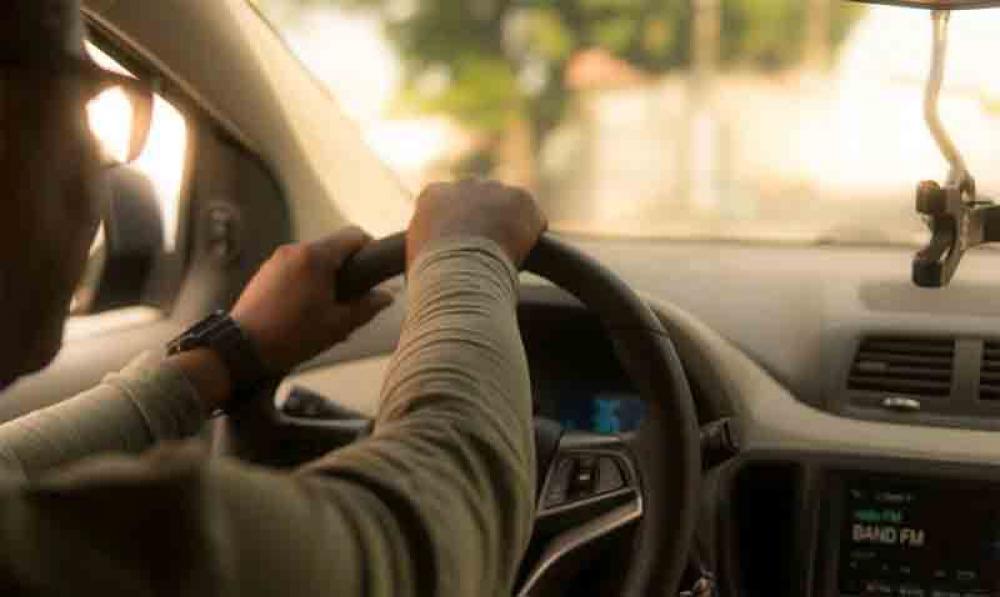Just Earth News | @justearthnews | 17 Mar 2021, 05:09 am Print
 Pixabay
Pixabay Uber
Moscow/Sputnik: Supreme court ruling guarantees 70,000 UK Uber drivers will be receiving a minimum hourly wage, holiday pay at 12.07 percent of earnings every two weeks and pensions, the company announced in a newsletter.
"From today Uber drivers in the UK will be paid holiday time, automatically enrolled into a pension plan, and guaranteed to earn at least the National Living Wage," the company wrote in an official newsletter sent out to its customers.
The ride-hailing app said drivers are classed as workers and will have the opportunity to choose when they work. The current National Living Wage in the UK stands at 8.72 pounds (just over $12) an hour and will rise to 8.91 pounds next month.
This change comes one month after the US firm lost a legal battle which started in 2016 in which the court ruled that Uber drivers shall not be classified as self employed in the UK and must be treated as company employees.
In addition to the new changes, drivers will be eligible for the benefits made available to them in 2018 which include free insurance to cover illnesses, injury, maternity and paternity payments.
"Making these changes to the way the drivers earn with Uber is the right thing to do and we hope other operators will join us in taking the important step," the company added.
However, App Drivers & Couriers Union leaders James Farrar and Yaseen Aslam said, as quoted by the Guardian, that Uber only guarantees the minimum wage and holiday pay will come into force after a trip was accepted by the driver up to the drop off of the passenger as opposed to the whole time that driver is logged into the app. This, in effect, could force drivers to miss out on half of the potential earnings.
Meanwhile the company is being challenged by its drivers in several other countries over whether they should be considered as workers or self-employed.
- Coding at risk? Anthropic CEO Dario Amodei says human-centric roles may last longer
- Amazon’s mega office in Bengaluru is here. See all details
- Why is Nissan recalling 640000 vehicles? Check all details
- Microsoft appoints Asha Sharma as Gaming CEO. Who is she?
- Is your screen job about to vanish? Top AI expert warns that the shift has already begun





-1763561110.jpg)
